
WTO rules Indian export subsidies illegal

In May 2018, the US lodged the complaint with the WTO, claiming that five export subsidies consist of exemptions and deductions from customs duties and other taxes. "The alleged export subsidies under MEIS [Merchandise Exports from India Scheme] consist of government-issued notes ("scrips") that can be used to pay for certain liabilities vis-à-vis the government and are freely transferable," the complaint claims.
The subsidies involved are the Export Oriented Units, Electronics Hardware Technology Park and Bio-Technology Park (EOU/EHTP/BTP) schemes; the Export Promotion Capital Goods (EPCG) scheme; the Special Economic Zones (SEZ) scheme; a collection of duty stipulations described as the Duty-Free Imports for Exporters Scheme (DFIS); and the MEIS.
The WTO recommended that the DFIS subsidies are withdrawn within 90 days, the EOU/EHTP/BTP, EPCG and MEIS subsidies are withdrawn within 120 days and the SEZ subsidies are withdrawn within 180 days of the adoption of the report.
As the Indian economy slowed, greater quantities of steel exports appeared on the export market. In the case of billet and coil, there have been several sales into southeast Asia since the slowdown started, since its proximity to this market means it can price aggressively on a cfr basis.
The last billet sale from India was heard last week at $372/t fob, which would equate to $382-387/t cfr. The Argus daily Black Sea steel billet price stands at $371/t fob today, and offers from Turkey are about $375/t fob, but freight to southeast Asia would total about $50/t for these sellers.
Indian flats producers have recently been among the most price-competitive suppliers into Europe and elsewhere, which have seen imports from India surge. Amid a decline in domestic Indian demand, as a result of a slump in auto production and the monsoon season, Indian producers eyed export markets, depressing cfr Vietnam prices and cif Italy values.
The Indian Steel Association last month told Argusin Mexico that some of its members may need to implement production slowdowns to counter the decrease in domestic demand and export limitations such as trade protectionist measures.


Gold price eases after Trump downplays clash with Fed chair Powell

Copper price hits new record as tariff deadline looms
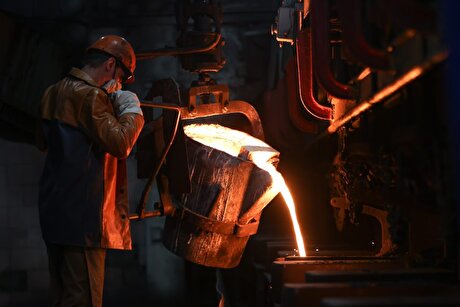
Brazil producers look to halt pig iron output as US tariff threat crimps demand
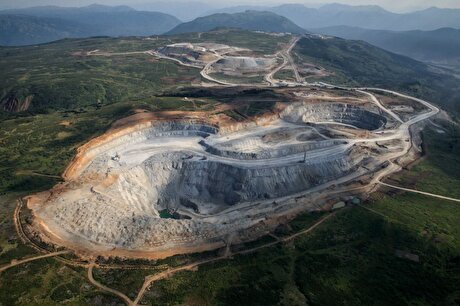
Three workers rescued after 60 hours trapped in Canada mine

Gold price could hit $4,000 by year-end, says Fidelity

Chile’s 2025 vote puts mining sector’s future on the line
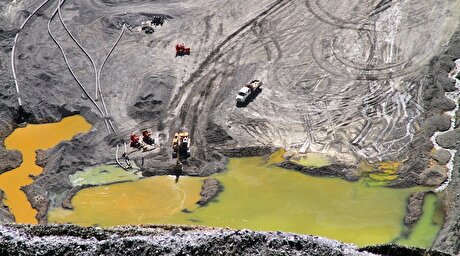
US targets mine waste to boost local critical minerals supply

Energy Fuels surges to 3-year high as it begins heavy rare earth production

Glencore workers brace for layoffs on looming Mount Isa shutdown
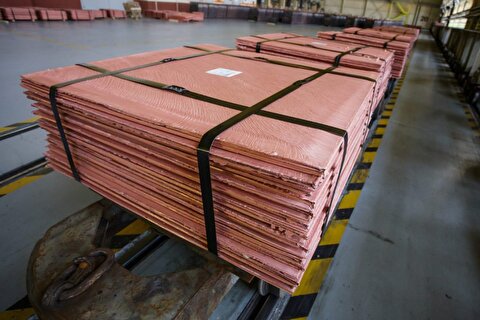
Trump tariff surprise triggers implosion of massive copper trade

Maxus expands land holdings at Quarry antimony project in British Columbia

BHP, Vale accused of ‘cheating’ UK law firm out of $1.7 billion in fees
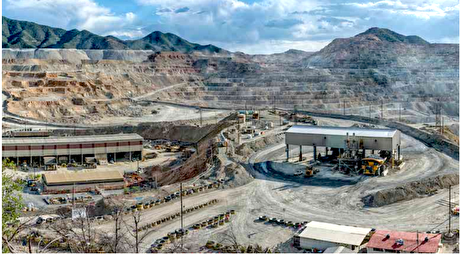
Southern Copper eyes $10.2B Mexico investment pending talks
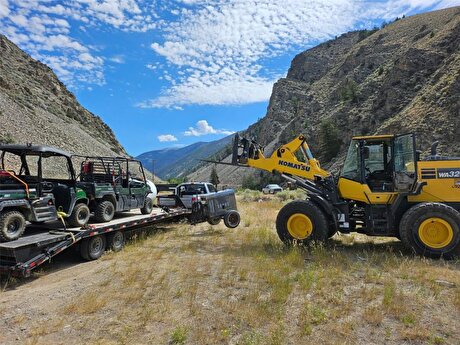
American Tungsten gets site remediation plan approved for Ima mine in Idaho

Kinross divests entire 12% stake in Yukon-focused White Gold

Gold price could hit $4,000 by year-end, says Fidelity

Southern Copper expects turmoil from US-China trade war to hit copper

Ramaco Resources secures five year permit for Brook rare earth mine in Wyoming

Column: EU’s pledge for $250 billion of US energy imports is delusional

Trump tariff surprise triggers implosion of massive copper trade

Maxus expands land holdings at Quarry antimony project in British Columbia

BHP, Vale accused of ‘cheating’ UK law firm out of $1.7 billion in fees

Southern Copper eyes $10.2B Mexico investment pending talks

American Tungsten gets site remediation plan approved for Ima mine in Idaho

Kinross divests entire 12% stake in Yukon-focused White Gold

Gold price could hit $4,000 by year-end, says Fidelity

Southern Copper expects turmoil from US-China trade war to hit copper

Ramaco Resources secures five year permit for Brook rare earth mine in Wyoming














